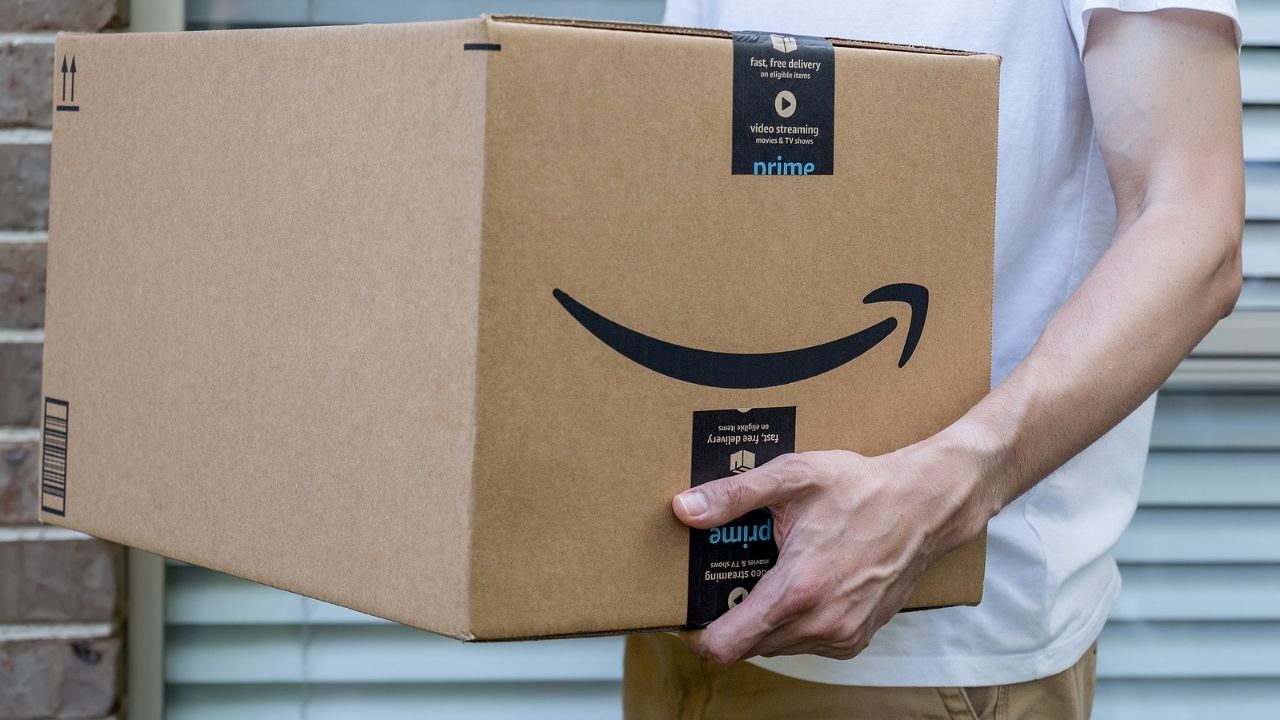Amazon has undoubtedly transformed the ecommerce world. Through the company’s two-day delivery norms and Alexa software that makes ordering goods the easiest it’s ever been, Amazon has set a new precedent in what it means to make online purchases.
However, Amazon’s “customer obsession” approach has leaked into the employee experience. For years, the firm has become synonymous with difficult labor conditions, particularly for those working in Amazon warehouses.
“What I get from talking to Amazon workers … is that the pay is not the worst, especially for non-union workers, and the benefits are okay,” said Rebecca Givan, a labor professor at Rutgers University. “But the physical demands and the surveillance are grueling and much, much worse than other employers in the same sector.”
The fast pace of its warehouses have helped Amazon become the reigning leader of the ecommerce industry, and its implementation of automation has only accelerated its momentum.
“It’s very rare to walk into a warehouse in any industry at all and see a million units being shipped,” said Marc Wulfraat, president of consulting firm MWPVL International. “A million a week is a high-volume operation, but Amazon, on a peak day, is doing a million units a day.”
But it’s not just Amazon warehouse employees that are impacted by the company’s policies.
The firm outsources many of its delivery drivers that do not technically work for Amazon, but are still under the control of the company. More and more, these delivery businesses have become outspoken about the unrealistic expectations Amazon places on them.
“I fought in Iraq and Afghanistan and being deployed was better than [the anxiety of] working for Amazon,” said Ted Johnson, a military veteran, who owned a delivery business that handled over 2 million Amazon deliveries. Johnson was forced to shut down the business when Amazon refused to renew his contract.
Despite those within the Amazon world expressing the challenges of the company’s fulfillment goals, these expectations have begun to impact how other companies tackle their online ordering.
For instance, retail giants Target and Wal-Mart hired logistics experts from Amazon in order to improve their own warehouse and shipping strategies.
This ripple effect on the entire ecommerce world is good news for customers and bad news for those performing the labor.
The growing desire to get items delivered within one to two days has outpaced the need for nurturing the employee experience, and decent pay may not be enough to retain these professionals.

 Dr. Gleb Tsipursky – The Office Whisperer
Dr. Gleb Tsipursky – The Office Whisperer Nirit Cohen – WorkFutures
Nirit Cohen – WorkFutures Angela Howard – Culture Expert
Angela Howard – Culture Expert Drew Jones – Design & Innovation
Drew Jones – Design & Innovation Jonathan Price – CRE & Flex Expert
Jonathan Price – CRE & Flex Expert










